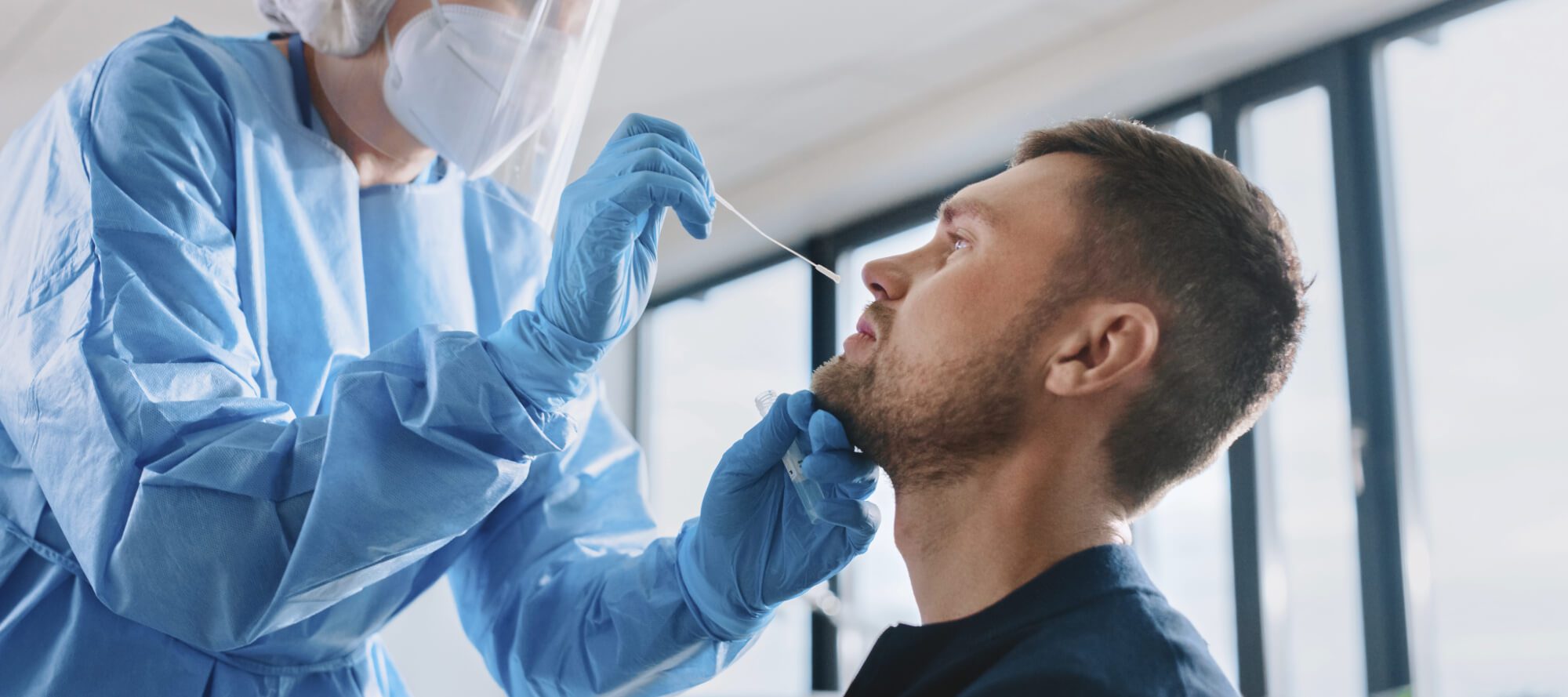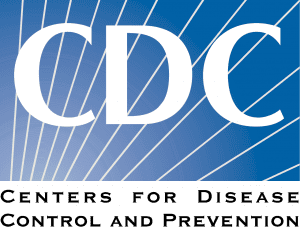- Systematic Analyses of the Factors Influencing Sperm Quality in Patients with SARS-CoV-2 Infection
The authors were investigating the impact of SARS-CoV-2 on semen or more specifically sperm. They conducted a prospective cohort study and initially included 122 men with SARS-CoV-2 infection. The longest time to track semen quality after infection was 112 days and 58 eligible patients were included in the study. They analyzed semen parameters at different time points before and after SARS-CoV-2 infection. Semen parameters were significantly reduced after SARS-CoV-2 infection, including total sperm count which dropped from 211 to 167, P < 0.001), sperm concentration 69.0 to 51.0 , P < 0.001), total sperm motility 57.5 to 51.0 P < 0.001), progressive motility 50.0 to 45.0 , P < 0.001). The parameters displayed the greatest diminution within 30 days after SARS-CoV-2 infection, gradually recovered thereafter. Semen parameters were significantly reduced after SARS-CoV-2 infection, and fever severity during SARS-CoV-2 infection may constitute the main influencing factor in reducing semen parameters in patients after recovery, but the effect is reversible and the semen parameters gradually return to normal with the realization of a new spermatogenic cycle. Something to think about when encouraging ‘natural infection’.
- Nirmatrelvir/ritonavir and Remdesivir against Symptomatic Treatment in High-risk COVID-19 Outpatients to Prevent Hospitalization or Death During the Omicron Era: A Propensity Score-matched Study
This study included all high-risk outpatients with COVID-19 in a tertiary referral center in Mexico City from 1 January 2022 to 31 July 2023. The primary outcome was all-cause hospitalization or death 28 days after symptom onset. The secondary outcome was COVID-19-associated hospitalization or death 28 days after symptom onset. Of 1,566 patients analyzed, 783 did not receive antiviral treatment, 451 received remdesivir, and 332 received nirmatrelvir/ritonavir. The median age was 60 years, 62.5% were female and 97.8% had at least one comorbidity. The use of nirmatrelvir/ritonavir was associated with an absolute risk reduction of 8.8% and a relative risk reduction of 90% for all-cause hospitalization or death. The use of remdesivir was associated with an absolute risk reduction of 6.4% and a relative risk reduction of 66% for all-cause hospitalization or death. Both antivirals reduced the odds of 28-day all-cause hospitalization or death [nirmatrelvir/ritonavir odds ratio (OR) 0.08 – 95% confidence interval (CI): 0.03–0.19, remdesivir OR 0.29 – 95% CI: 0.18–0.45] - Outpatient treatment with concomitant vaccine-boosted convalescent plasma for patients with immunosuppression and COVID-19
The context here is that monoclonal antibody therapy has been limited by the emergence of novel SARS-CoV-2 variants that have serially escaped neutralization. In this context, there is interest in understanding the clinical benefit associated with COVID-19 convalescent plasma collected from persons who have been both infected with SARS-CoV-2 and vaccinated against SARS-CoV-2 (“vax-plasma”). Here the authors report the clinical outcome of 386 immunocompromised outpatients who were diagnosed with COVID-19 and who received contemporary COVID-19-specific therapeutics (standard-of-care group) and a subgroup who also received concomitant treatment with very high titer COVID-19 convalescent plasma (vax-plasma group) with a specific focus on hospitalization rates. The overall hospitalization rate was 2.2% (5 of 225 patients) in the vax-plasma group and 6.2% (10 of 161 patients) in the standard-of-care group, which corresponded to a relative risk reduction of 65% (P = 0.046). Of note is that 94% (361 of 386 patients) of patients who got COVID and were treated were vaccinated. In vaccinated patients with immunosuppression and COVID-19, the addition of vax-plasma or very high titer COVID-19 convalescent plasma to COVID-19-specific therapies reduced the risk of disease progression leading to hospitalization.
Situation Dashboards

World Health Organization (WHO)
Novel Coronavirus (COVID-19) Situation from World Health Organization (WHO)

Johns Hopkins University (JHU)
Coronavirus COVID-19 Global Cases by the Center for Systems Science and Engineering (CSSE) at JHU

COVID-19 in US and Canada
1Point3Acres Real-Time Coronavirus (COVID-19) Updates in US and Canada with Credible Sources

Genomic Epidemiology COVID-19
Genomic Epidemiology of (COVID-19) Maintained by the Nextstrain team, enabled by data from GISAID.





